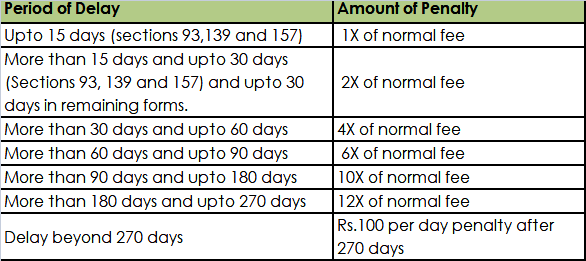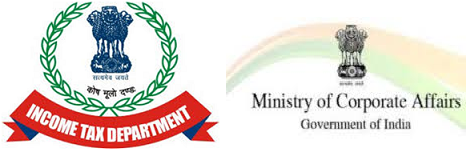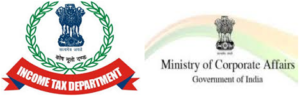
The regulator’s board approved these changes as also those relating tenures of managing directors of market intermediaries. The capital markets watchdog reduced the time for announcing the price band of initial public offers (IPO) from five working days before the opening of the issue to two working days. This will give companies more time to fix the price band.
Companies now need to provide investors with financial disclosures — for public issues and rights issues — for only three years. Currently, information is provided in the offer documents for five years. Also, companies need to provide only consolidated audited financial disclosures in the IPO offer document; audited standalone financials of the issuer and subsidiaries must be disclosed on the company website.
Following a board meeting on Thursday, the capital markets regulator tweaked the buyback norms. The buyback period has been defined as the time between the board resolution or the date of declaration of results for a special resolution authorizing the buyback of shares and the day on which the shares are paid.
Also, Sebi has amended the takeover rules. It has given companies additional time to revise the open offer price upwards till one working day before the start the tendering period.
The Sebi board also approved some recommendations of R Gandhi committee on regulations relating to market infrastructure institutions (MIIs). For rights issues the threshold for submission of the draft letter of offer to Sebi has been increased to Rs.10 crore as against the earlier prescribed Rs 50 lakh. The regular also tweaked the rules relating to the underwriting of all non-SME public issues. If 90% of the fresh issue of share is subscribed, the underwriting will be restricted to that portion only. Accordingly, the requirement to underwrite 100% of the issue without regard to the minimum subscription requirements has been deleted.
Sebi also reduced minimum anchor investor size to Rs 2 crore from the existing Rs 10 crore, for SME issuances. This will allow companies to attract more anchor investors for an issue.
The board has permitted eligible domestic and foreign entities to hold up to 15% shareholding in case of Depository and Clearing Corporation. Moreover, multilateral and bilateral financial institutions, as notified by the government, have also been recommended to hold up to 15% in an MII. Moreover, Sebi has decided to limit the tenure of managing directors of an MII for a for a maximum of two terms of up to 5 years each or up to 65 years of age, whichever is earlier. The requirement would also apply to incumbent MDs of MIIs.
The regulator is also looking into the issues regarding IPO ICICI Securities in ICIC AMC bought the large stake.The regulator had sought details of a significant investment made by ICICI Prudential Mutual Fund in the IPO of ICICI Securities. “Yes we are looking into that, and we have sought some information from them, and we are yet to get their replies,” Tyagi said.
Source: Financial Express




 He said this would do away with the current system of random inspections to identify such companies. The portal will have filings by CAs in such a way that regulators will be alerted, he said.
He said this would do away with the current system of random inspections to identify such companies. The portal will have filings by CAs in such a way that regulators will be alerted, he said.



